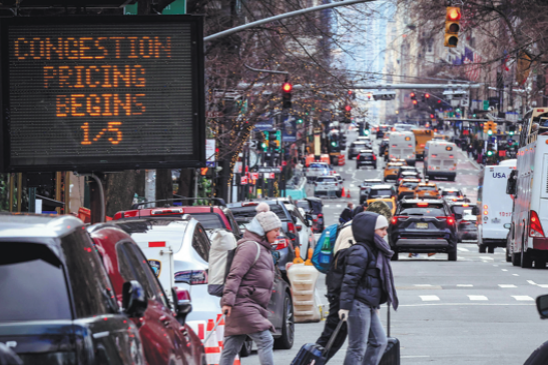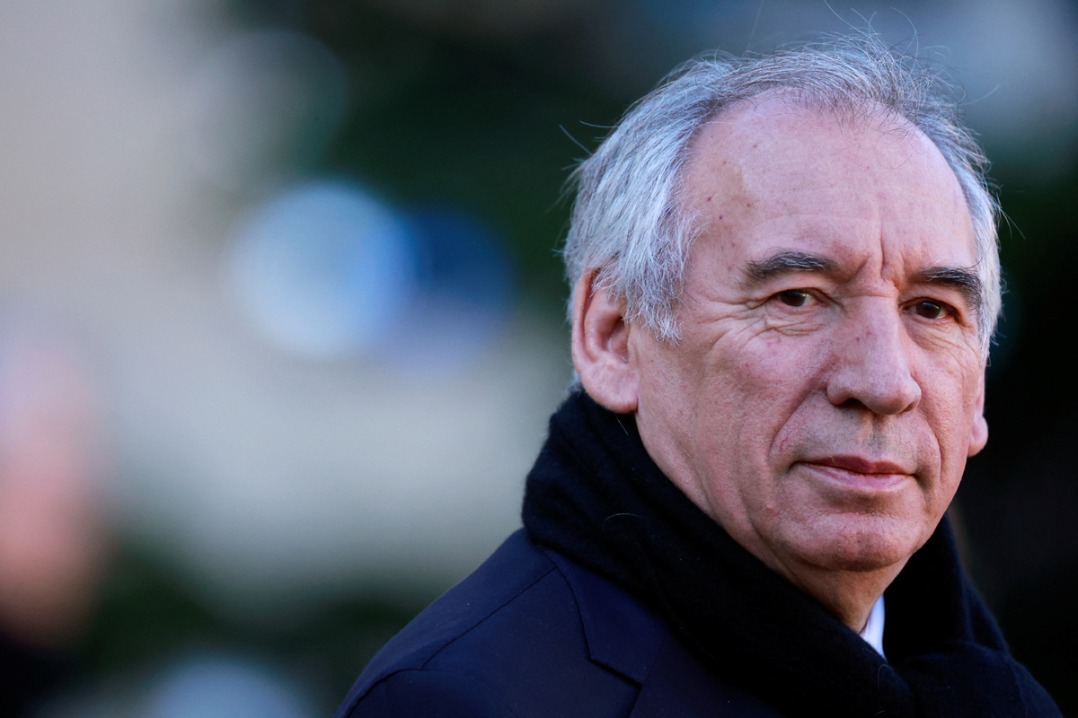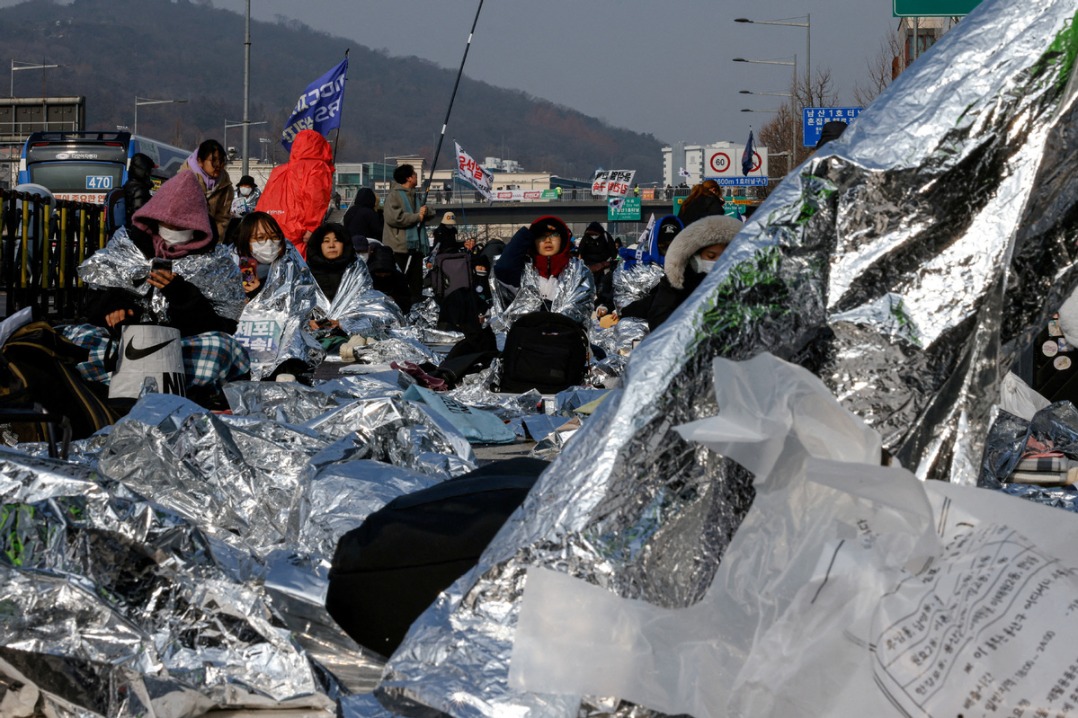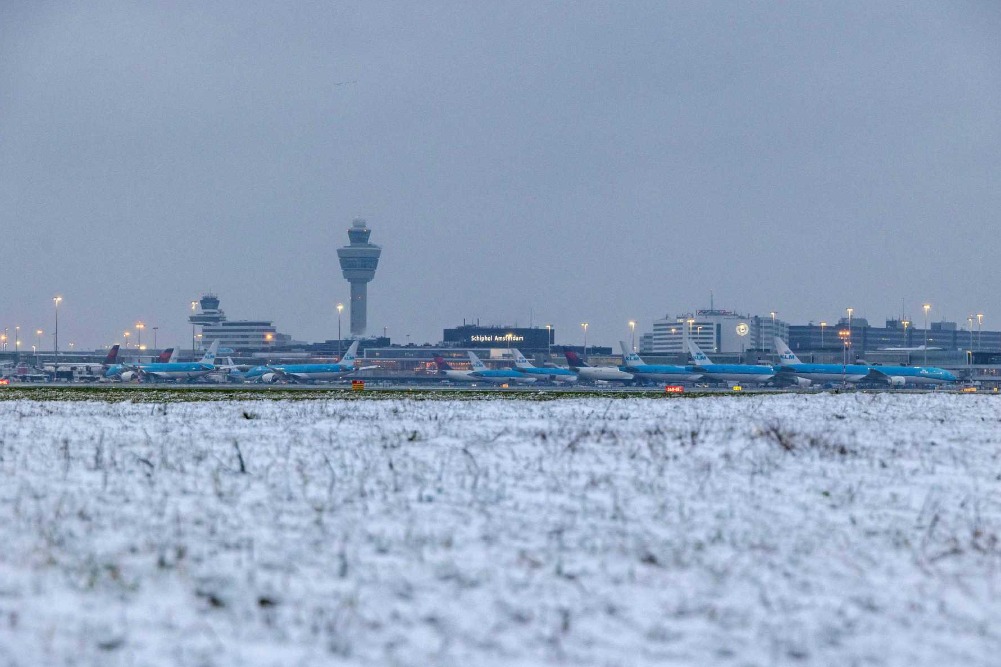BRICS bank approves $600m in loans for infrastructure, sustainable projects

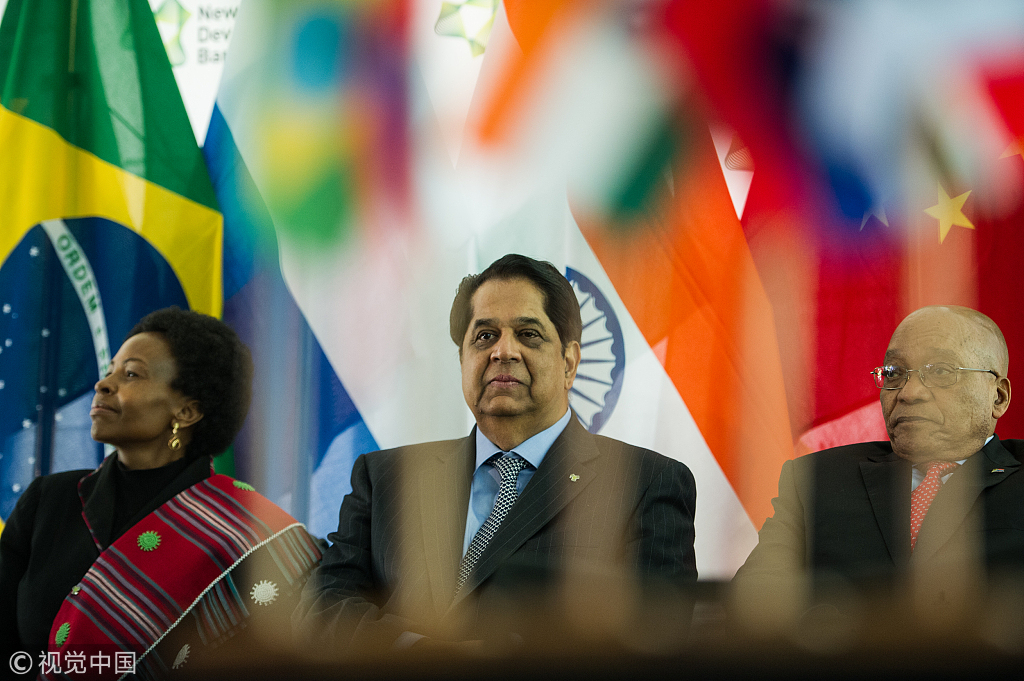
The New Development Bank, set up by BRICS member states, has approved two loans of $600 million in total for sustainable infrastructure projects, one each in China and South Africa. The loan was approved before the 10th BRICS Summit in Johannesburg.
The BRICS bank will provide $300 million of a government-guaranteed project loan to China for construction of a new metro line in Luoyang, Henan province, the NDB said in a news release on its website.
"With improved connectivity, the project will contribute to the city's balanced spatial development and to more robust socioeconomic development of the city," the release said.
The NDB will also provide a $300 million loan without sovereign guarantee to the Development Bank of Southern Africa for energy projects.
The loan will be used for sustainable development projects in South Africa's energy sector that help reduce carbon dioxide emissions, improve the energy sector mix and robustness and increase energy efficiency, the bank said.
South Africa is trying to diversify its energy mix to reduce its reliance on heavily polluting coal-fired power plants. It has launched several bidding rounds for billions of dollars of renewable energy deals in recent years.
With approval of the two loans, the bank's total portfolio has reached over $5.7 billion, the news release said.
The NDB previously approved $200 million in nonsovereign loans to Transnet SOC Ltd, a large South African rail, port and pipeline company, to expand Durban's port capacity and a $180 million sovereign-guaranteed loan to Eskom, South Africa's electric public utility, for renewable energy projects. South Africa now has $680 million in loans from the NDB.
The NDB was established by Brazil, Russia, India, China and South Africa to mobilize resources for infrastructure and sustainable development projects in BRICS countries and other emerging economies and developing countries.
The BRICS bank aims to complement existing efforts of multilateral and regional financial institutions for global growth and development.
To fulfill its purpose, the multilateral bank will support public or private projects through loans, guarantees, equity participation and other financial instruments.
According to the NDB's General Strategy, sustainable infrastructure development is at the core of bank's operational strategy for 2017-21.
The NDB adds fresh impetus to the financial institutions of the globe in support of sustainable development, said Zhao Zhongxiu, vice-president of Chinese Council for BRICS Think Tank Cooperation.
The BRICS Contingent Reserve Arrangement, serving as a framework for helping resolve member states' short-term balance of payment pressures, constitutes the foundation for the countries to counter financial system risks, said Zhao, who is also vice-president of the University of International Business and Economics in Beijing.
Luwellyn Landers, deputy minister of international relations and cooperation of South Africa, said on Monday at a news briefing that the NDB intends to make financing available to all countries, including nonmember states.
















